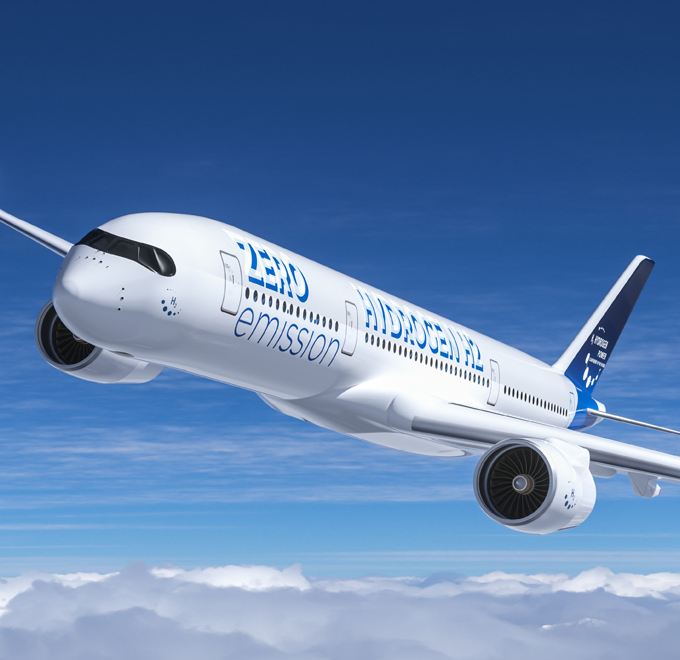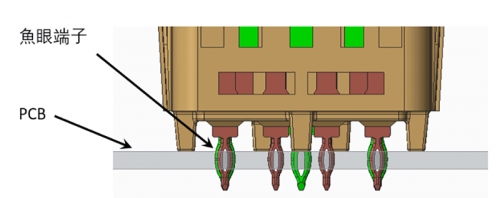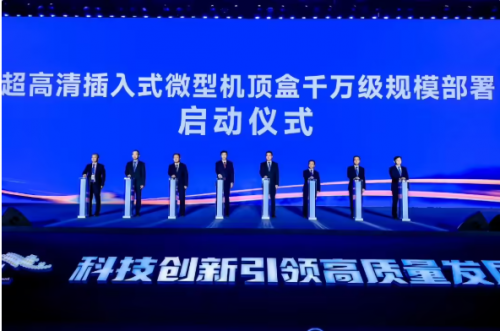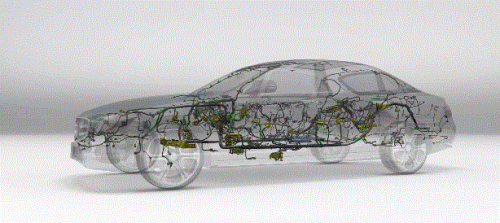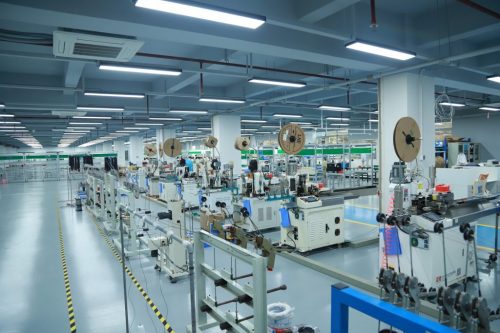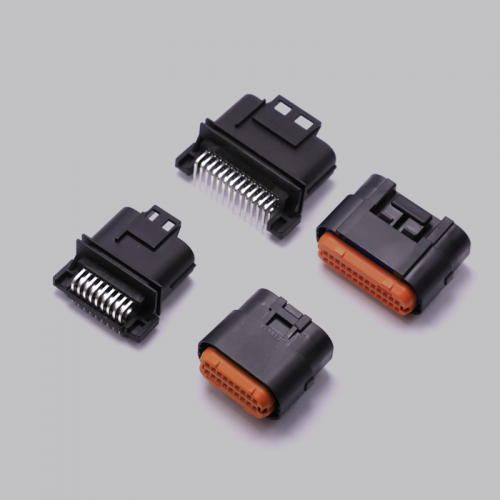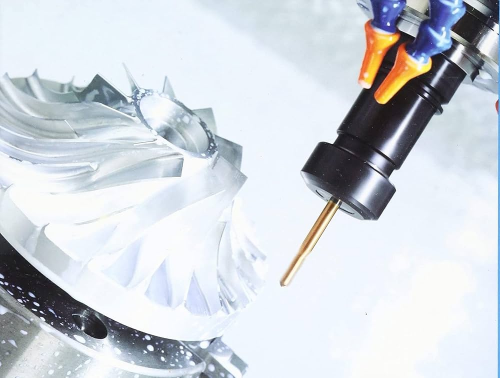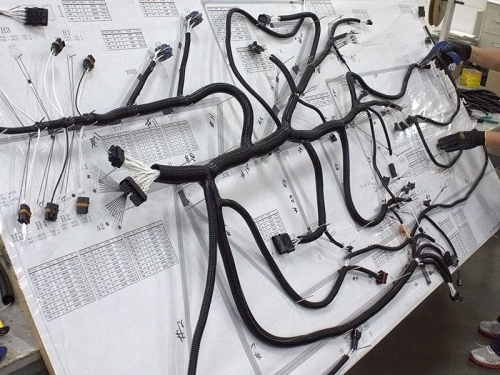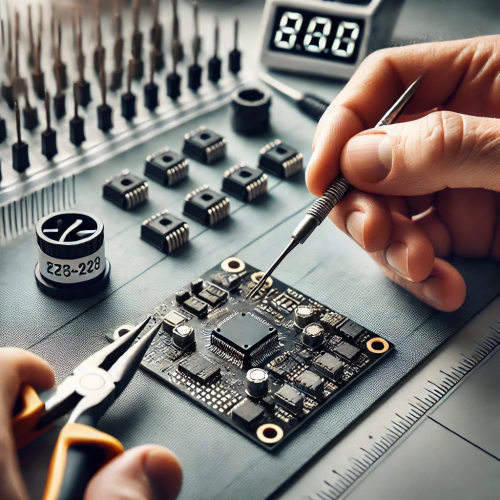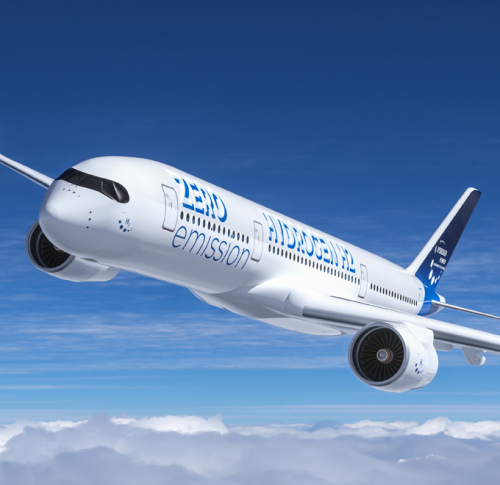
In the aviation industry, facing the changing climate and extreme temperature differences, the reliability of circular connectors has become a key factor in ensuring flight safety and efficiency. Here are some strategies and considerations to improve the performance of circular connectors in such harsh environments:
- Select quality connectors: The first priority is to choose connectors that are made by reputable manufacturers, brands known for their durable and reliable products that meet the industry’s high standards.
- Enhanced environmental sealing: To ensure that the connector is not exposed to external factors such as moisture and dust, you should choose a connector with an appropriate sealing mechanism, such as a sealing design that meets a specific IP rating or meets MIL-SPEC standards.
- Select durable materials: Connectors should be made of strong materials that can withstand temperature fluctuations, UV radiation, chemical corrosion, and abrasion to ensure long-term stable operation.
- Matching temperature rating: It is important to select the right temperature rating connector for the operating environment. High temperature resistant connectors should be used in extremely hot areas, while low temperature resistant connectors are required in cold climates.
- Improve vibration and shock resistance: The design of the connector must take into account the vibration, shock and mechanical stress common in the aviation environment to ensure that its structure can withstand these challenges.
- Enhanced corrosion resistance: For connectors that may be exposed to corrosive environments such as salt water and chemicals, corrosion-resistant plating or coating should be considered to protect their performance from being compromised.
- Choose certified products: Give priority to connectors that have been rigorously tested and certified for use in aviation and extreme environments, such as connectors that meet MIL-DTL-38999 or EN2997 standards.
- Regular maintenance inspections: Implement a systematic inspection and maintenance plan to promptly identify and resolve potential connector problems and prevent failures.
- Standardized operation training: Train operators on the correct mating and disconnecting of connectors to reduce connector wear caused by improper operation.
- Cable stress management: Use strain relief devices to effectively reduce the pressure on connectors and cables and reduce the risk of damage.
- Build Redundant Systems: Introduce redundant or backup systems in critical applications to ensure that the system continues to operate even if a single connector fails.
- Comprehensive environmental testing: The connectors are subjected to comprehensive environmental testing including temperature, humidity, vibration and shock to evaluate their performance under extreme conditions.
- Custom Design: We work closely with manufacturers to design custom connectors based on the specific needs of aviation applications to improve fit and performance.
- Field trials and feedback: Collect feedback from aviation personnel through field trials to identify and improve potential problems in a timely manner.
- Improve documentation: Keep detailed records of connector installation, maintenance and replacement to ensure traceability and facilitate subsequent maintenance and management.
Through these comprehensive measures, the reliability of circular connectors in harsh climates and extreme temperature differences in the aviation industry can be significantly improved, providing a solid guarantee for flight safety.
